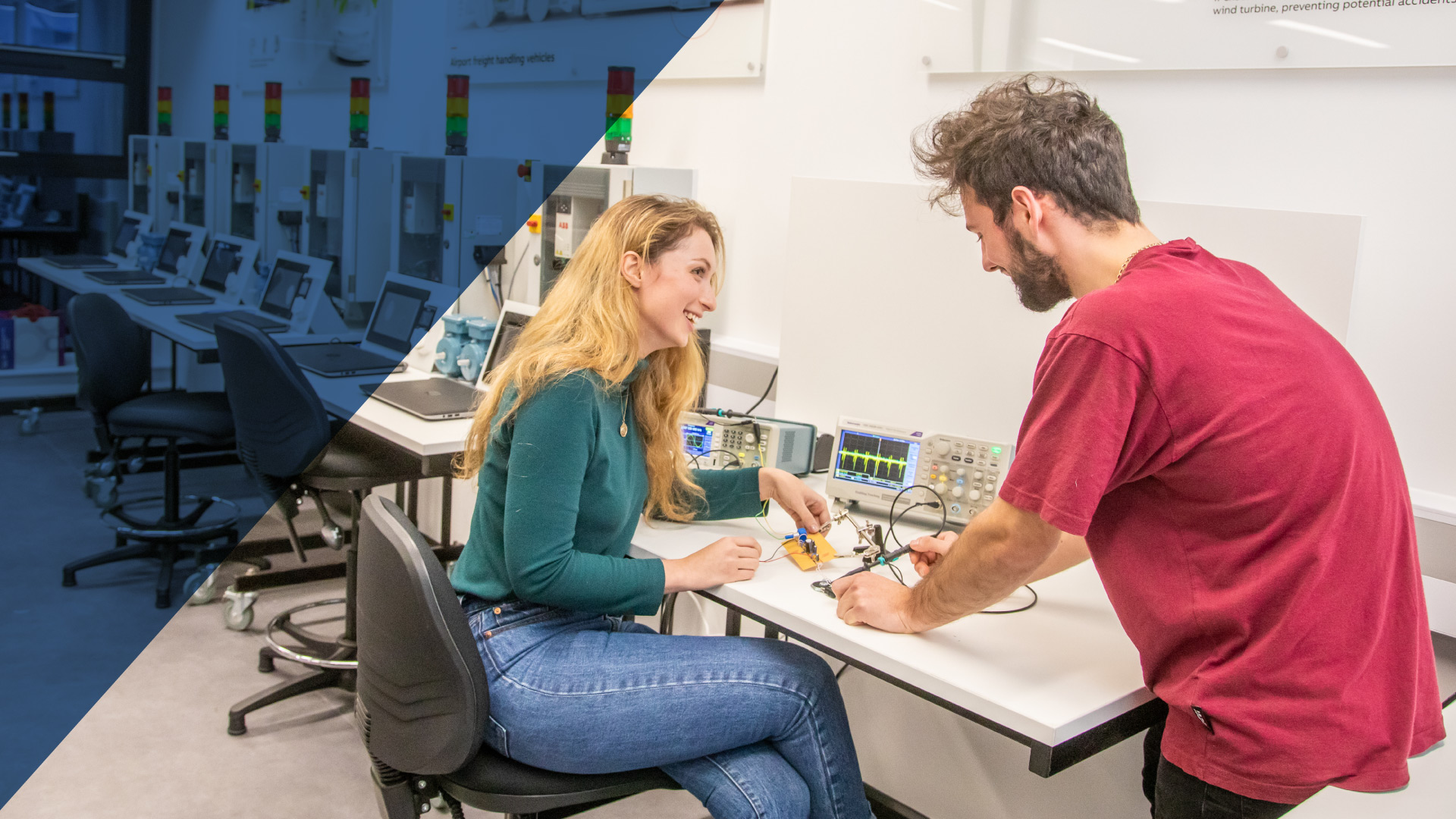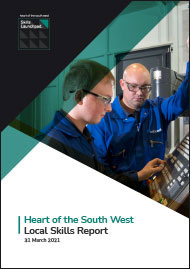8 Looking Forward
This document sets out a clear, priority-based approach to skills development within the Heart of the South West. Drawing upon the area’s substantive evidence base, the plan sets out a shared agenda for skills delivery and prioritisation over the next period, looking to address those opportunities which may best deliver for both our economy and our residents, and better focus action around our greatest areas of skills need or challenge.
In bringing forward this plan however, skills and employment partners within the Heart of the South West are acutely aware of both the ongoing economic turbulence emerging from Covid-19 (and reciprocal recovery needs), additional pressures emerging from our departure from the EU, and wider opportunities / challenges emerging around our changing climate, aging demography and wider shifts in life and work linked to accelerating digital technologies and shifting social trends.#
Looking ahead to a 10-year time horizon, partners believe that 5 core issues in particular will need explicit additional focus:
- Covid-19 Recovery. Covid-19 has had a dramatic and disproportionate impact on the Heart of the South West skills ecosystem over the past 10 months, severely affecting the local economy given its reliance on tourism, leisure and accommodation, retail and manufacturing activity, as well as disrupting core provision within our universities, schools, colleges and wider training providers. Whilst partners are already undertaking action to address the immediate impacts of the pandemic for local people, it remains too early to say what the longterm impact of this disruption will ultimately be.
- Demographic Change. The Heart of the South West is currently undergoing an ongoing period of demographic change, with a population that is aging roughly 30% faster than the national average. In 2019, the population aged over 65 was 6.1 higher than across the rest of the UK, and 3.3 lower below the age of 33, with the ratio of those in work to retired shifting from 1 in 4 to roughly 1 in 3 since 2004.
- Digital Transformation. Digital transformation continues at pace across the HotSW, with data suggesting that recent Covid-19 related events may further accelerate. Shifts in retail, work structure and job types can already be clearly seen across the economy,
with a steady five-year pattern of growth in digital industries and careers against a change in existing industrial structures in many sectors. This pattern is only likely to accelerate as further automation and integration of digital processes and approaches is felt across the wider economy, with both new opportunities around roles and types of work, but significant issues around a growing digital divide and skills challenges amongst young and old alike. With current predictions suggesting at least 33% of the
economy may be vulnerable to automation over the next 25 years, the HotSW will have to adapt to keep pace with the wider UK. - Climate Change and Greening of the Economy. The 23 warmest years on record have occurred in the past 25 years within the South West, with the region experiencing 10% more rainfall per annum than it did in 1960, and 30 additional frost-free days. The case for transformation and action is therefore now continually building, with efforts and activity around greening of our economy accelerating daily. In 2019, Government committed itself to reducing UK emissions to zero by 2050, with an end to the sale of all new petrol and diesel vehicles by 2035. The economic implications of this shift in policy pose both significant new opportunities and risk around local employment, skills and labour market capacity. With investment and change needed across the energy sector, within agricultural, transport, business process and residential and construction services, with the potential creation of 60,000 to 100,000 new or transformed roles by 2040.
- Nature of Work. The South West has, for a number of year, been undergoing a steady shift in the type and nature of work on offer, with a polarisation between lower value service sector and traditional manufacturing work, and higher value, often digitally based production and engineering and knowledge service activity. The recent events of Covid-19 have likely further accelerated this shift across multiple sectors, with individuals forced to work from home, with traditional sector disrupted and supply chains undermined. Whilst the impact is yet to be fully felt, it is unlikely that the nature and type of work that emerges post Covid-19 will be exactly that that was found before the events of 2020, with strengthened focus on digital skills, knowledge work and higher value outputs.


